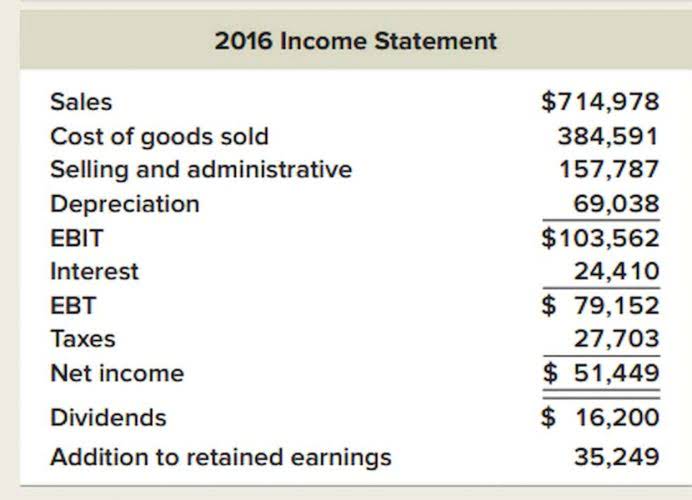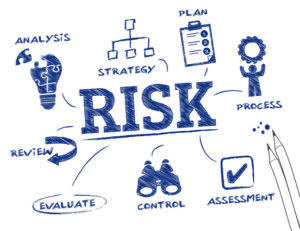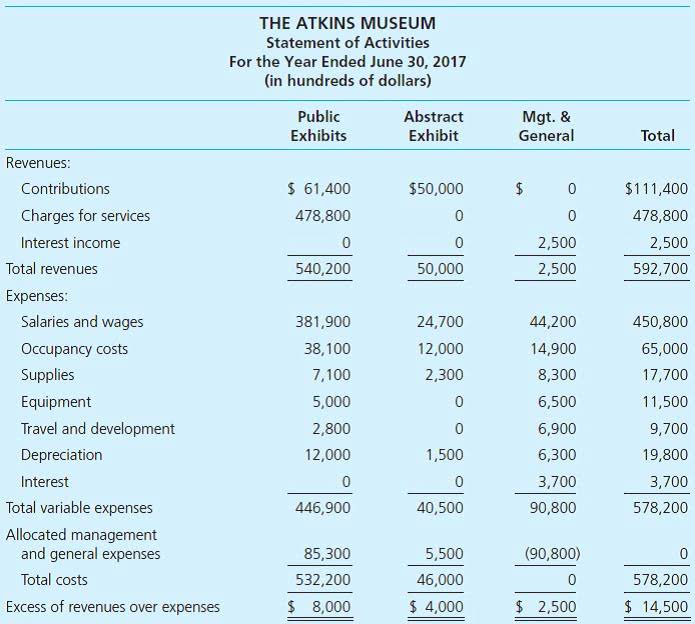With Otelier TruePlan, you can collaborate seamlessly for more accurate and efficient budgeting and forecasting. Work toward single plans across your portfolio, seeded with historical data to kick start your process – no manual data hotel budget mining required. One key to an efficient budgeting process is ensuring collaboration among all the stakeholders involved, meaning each department head at the property level, as well as corporate, ownership and asset management.
Create consistent, standardized budgets and forecasts
- A hotel’s group business segment can have a significant impact on its annual budget.
- Every goal your management comes up with should be clear, feasible, time-bound, and quantifiable.
- So that you can make data-informed decisions when you create your annual budget each year.
- Once hoteliers have identified trends in certain areas of the hotel budget, they can incorporate historical trends into future budgets.
- You can use various tools and methods to learn and improve your skills, such as courses, books, podcasts, mentors, and peers.
- Operating revenue denotes the income you will generate in the next financial year.
A hotel budget serves as a comprehensive financial roadmap, detailing anticipated earnings and expenses for a specified period, typically one year. It encompasses various revenue sources such as room reservations, food and beverage sales, and additional services, while also accounting for operational costs, marketing initiatives, and capital investments. One of the more effective areas hoteliers can focus on in order to do so is their budgeting and forecast strategies.
It’s Time To Put HotelIQ to the Test
When identifying these areas, it is important to break down the allocation into sub-categories to ensure a more focused and targeted approach. They run reports of the projected net, total profits, and expenses of all functioning departments of the hotel. For preparing these spreadsheet reports, they consider terms like occupancy rate and average daily rate for both on and off-seasons. With an annual hospitality budget, you have a reference to return to for overseeing and controlling everyday spending. Proper planning and execution of the budget can reduce business costs and increase the profit margin.
Example expenses by department
- Your business model should define your target market, value proposition, revenue streams, cost structure, and key resources.
- There’s no bigger waste of time and money than manually building out your forecasts in Excel.
- But blindly trimming expenses and cutting costs will lead to instability in hotel management.
- The first step to budget and forecast hospitality expenses is to understand your business model, which is how you create and deliver value to your customers.
- The forecast will reflect the expected situation in the short term (1 to 3 months).
It provides a framework for establishing revenue benchmarks, allowing hoteliers to set clear targets and track progress towards financial goals. The hotel budgeting season typically begins in October and continues through December, allowing hotels to establish their financial and operational plans for the upcoming year. But blindly trimming expenses and cutting costs will lead to instability in hotel management. The incremental budgeting method is where they collect the revenue and expense data of the current year and conduct business budget planning for the next financial year. They also collect market and competitor data to accurately prepare the hotel budget and forecasting. The purpose of business budget planning is to determine how many funds and resources are required to achieve the goals for the year.
- This type of budget forecasting is important for the hotel industry as they tend to invest in or upgrade equipment or machinery.
- For effective hotel budgeting and forecasting, you will need reliable and distinct backup data.
- Look for trends in market segment performance, negotiated account pickup, dramatic ADR or RevPAR fluctuations, or other unusual trends.
- By understanding your business model, you can identify the main drivers of your expenses, such as labor, food, utilities, marketing, and maintenance.
- For those new to the business, the budgeting process may seem intimidating – but Lund’s mantra of “the only thing we ever know about the budget is that it’s wrong” can provide some reassurance.
- You also need to take into account your historical data, analyse demand behaviour, and identify market trends.
Annual objectives
Increase room occupancy rate, reduce the customer response time or improve the customer rating from 3 to 4 stars. Every goal your management comes up with should be clear, feasible, time-bound, and quantifiable. Drawing objectives is the way through which you can gauge your budgets, keeping in mind internal and external factors. It takes more analytical and thorough introspection and technological tools to create a flexible budgeting plan that facilitates the ups and downs of the industry.
Why Hoteliers Trust Otelier for Budgeting and Forecasting
By ensuring that everyone understands their budgetary responsibilities and performance metrics, you can create a culture of financial accountability and increase the likelihood of achieving your financial goals. For example, if the hotel’s long-term strategy is to increase profitability, a SMART goal could be to increase the Revenue Per Available Room (RevPAR) by 10%. Also, collect the expenses data for the last one or two years and compare both sets of data to accurately make budget forecasting that supports your next year’s goals and plans. They don’t use the same figures but adjust them based on the price changes and inflation percentage to propel the next year’s https://www.bookstime.com/. Look into the previous year’s pattern to determine the ballpark figure while making hotel budgeting and forecasting.

























